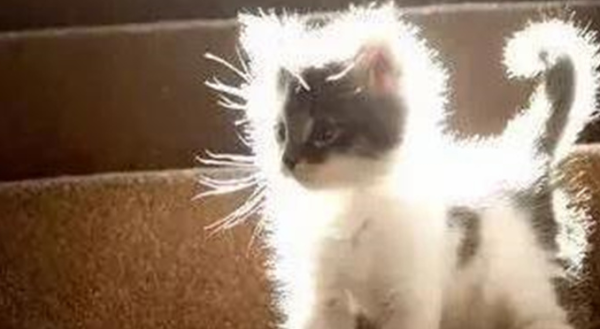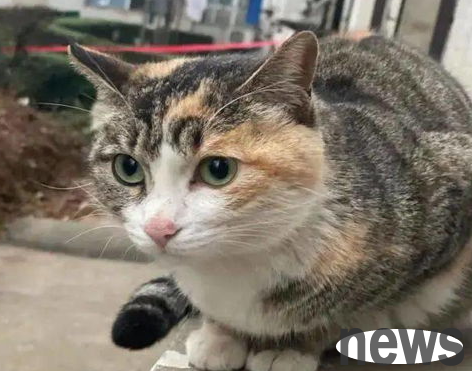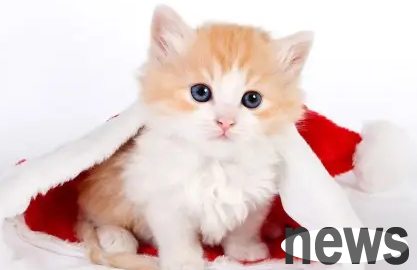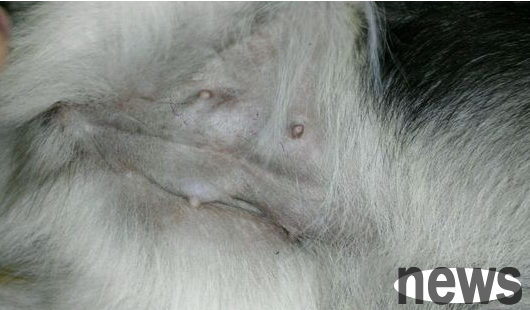The "abandonment rate" of these cats is very high, so don t buy it blindly!
Many people have high enthusiasm when they first raise cats, but over time, this enthusiasm may fade, causing them to consider giving up. Raising a cat is not particularly complicated, but it is not simple either. If you unfortunately encounter a cat that is difficult to raise, there is a high possibility of regret.
Be sure to think carefully before deciding to raise a cat, understand the bad behaviors the cat may show, and evaluate whether you can tolerate it. The cats listed below have a high probability of being abandoned due to various reasons!
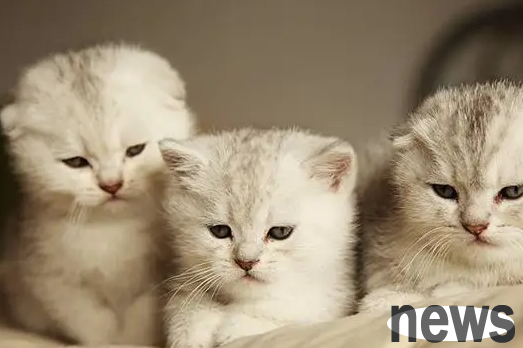
Scottish Folding Cats
Difficulty: There are genetic diseases, it is expensive to raise, poor physical condition, and it is difficult to raise
Folding Cats have drooping ears, giving people a feeling of innocence, but this is actually due to their congenital dysplasia. Although they look lovely, they have many health problems. Fold cats suffer from cartilage genetic disease. Once the disease occurs, they need to continue to take medication and receive treatment to maintain their lives.
The onset time of this disease is uncertain, and once it occurs, the folded cat will feel extremely uncomfortable. Treatment is expensive, leading many people to choose to abandon them after the onset of the disease.
The abandonment rate of folded cats is very high. If you do not have enough confidence and determination, it is recommended not to raise them. The maintenance cost is very high and is not suitable for ordinary families. Do not blindly choose to raise it.
Persian cats
Difficulty of feeding: Five
Disadvantages: Difficult to care for hair, many genetic diseases, serious tear marks, poor physical fitness, short lifespan, and very sensitive to hot and cold.
Because Persian cats carry a variety of genetic diseases, such as polycystic kidney disease and lacrimal gland disease, novices may feel overwhelmed. And the care of Persian cats is heavy, and over time, the owner may feel increasingly tired.
Hairless cats
Hairless cats
Difficulty: The skin is oily, is prone to skin diseases, has poor physical condition, is afraid of cold, and has strong dependence
Hairless cats, also known as Sphinx cats, are artificially bred cat breeds. This cat has no hair on its entire body and is a good choice for people with hair allergies.
Although hairless cats avoid the worries of hair loss, they need to wipe their bodies frequently in summer to remove grease, and in winter, they need to wear clothes to keep warm to prevent disease. This also means that their health is relatively weak, their skin is relatively delicate, and they are more likely to suffer from skin diseases, so they need careful care.
In addition, hairless cats are highly dependent on their owners and require their owners’ company and attention. If you are busy with work, it may not be suitable for raising this kind of cat.
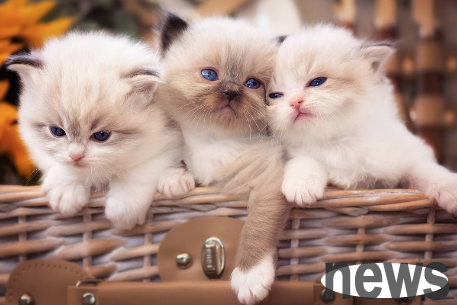
Bag cats
Difficulty: Five Stars
Disadvantages: Poor physical fitness, easy to fall, and have genetic diseases
The congenital short legs and feet of this cat not only make them prone to fall from high places, but also due to the narrow chest cavity and the huge pressure on the spine, they may also suffer from hereditary diseases such as abdominal medical diseases. Care of bantam cats requires special care and attention.

